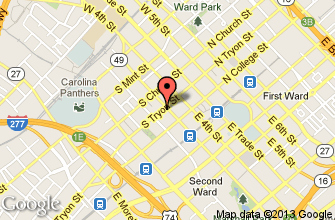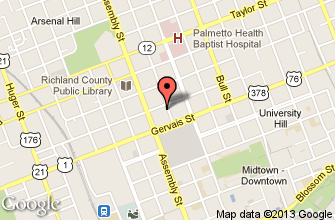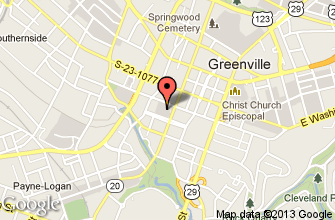News Room
PrintFirst Impressions and Prohibited Mortgage Modifications in BankruptcyAuthored by: Michael H. Weaver
May
23, 2016
Section 1322(b)(2) of the Bankruptcy Code enables a debtor to “modify the rights of holders of secured claims, other than a claim secured only by a security interest in real property that is the debtor’s principal residence….” through a Chapter 13 plan. 11 U.S.C. § 1322(b)(2) (emphasis added).
First impression of this statute: it is relatively straight forward; right? However, the italicized language above has been interpreted differently by courts for years particularly in circumstances where (1) the secured creditor's claim was initially secured by additional collateral including, but not limited to, an assignment of rents, and (2) where the property securing the creditor's claim serves as the debtor's principal residence and is used for some other purpose.
On May 12, 2016, the United States Bankruptcy Court for the District of South Carolina joined a growing number of districts and circuits that have confronted each of these issues in the case of In re Kelly, C/A 15-06419-dd (Bankr. D.S.C. May 12, 2016).
In Kelly, the debtor (Charlie Kelly) co-owned a house along with his daughter that was pledged as collateral for two commercial loans. At the time the loans were originally made, each was secured by additional real property including an assisted living facility. However, the additional collateral was released as part of a partial payoff years before Mr. Kelly filed for bankruptcy. Mr. Kelly resided in the house, and testimony revealed that it was also used as a boarding house both prior to and after the debtor's petition date.
Mr. Kelly filed his voluntary petition for relief under Chapter 13 of the Bankruptcy Code on December 2, 2015 - several days before the secured creditor's scheduled foreclosure sale. In addition, Mr. Kelly filed a Chapter 13 plan seeking to value the secured creditor's collateral and cram down its claim. The Debtor valued his half-interest in the house at $52,000 and argued that the creditor's claim could be modified because (1) the loans securing the creditor's claim were made for a commercial purpose and included additional real property as collateral, (2) the commercial loans included an assignment of rents provision constituting additional collateral and (3) the debtor's house was being operated as a boarding house such that the secured creditor's claim was secured by something other than just the debtor's principal residence. The secured creditor, which was owed in excess of $400,000, objected to confirmation of the plan. The case presented several issues of first impression for the Court, and its holding will have implications for secured creditors and debtors in chapter 13 and individual chapter 11 cases going forward.
First, the Court held that the determinative date to ascertain whether the secured creditor's claim is secured only by an interest in real property that is the debtor's principal residence is the petition date - not the date the loan was made. Thus, the fact that the secured creditor's claim was at one time secured by more than just the debtor's residence (collateral that was subsequently released prepetition) did not except the claim from the anti-modification limitation found in Section 1322(b)(2).
Second, the Court concluded that the assignment of rents provision contained in the loan documents did not render the creditor's claim to be secured by something more than a security interest in real property. The Court noted that the Bankruptcy Code's definition of "incidental property" in Section 101(27B) (which was added as part of BAPCPA in 2005) specifically includes "rents". Thus, "[t]he assignment of rents clauses contained in the original mortgage documents are incidental and do not change the character of [the secured creditor's]...security interest or serve as additional collateral."
Finally, the Court noted the split in authority on the issue of whether Sections 1322(b)(2) and its sister provision in Chapter 11 - Section 1123(b)(5) - require that property be used only as a principal residence. Some courts hold that if the debtor's residence is used for another purpose (in addition to also being the debtor's residence), the anti-modification provision does not apply. Some courts permit dual use while others apply a case-by-case analysis looking at the intention of the parties and facts underlying the transaction. The Court declined to adopt the case-by-case approach and the requirement by some courts that the residence be used exclusively as the debtor's residence. Rather, the Court held "the mere fact that the property or a portion of the property is used for some other purpose does not preclude the application of the anti-modification provisions in section 1123(b)(5) and section 1322(b)." The fact that rooms in the house were rented to boarders did not change the character of the property as a single family residence.
Consequently, the Court found the debtor's efforts to value the secured creditor's collateral and cramdown its claim were impermissible under Section 1322(b)(2) and denied confirmation of his plan. The Kelly opinion represents the latest development in the case law analyzing the relevant date to determine whether a creditor's claim is only secured by real property that is the debtor's principal residence (i.e., the loan transaction date or petition date) and whether Section 1322(b)(2) applies in situations where the debtor's residence has a dual purpose.




















